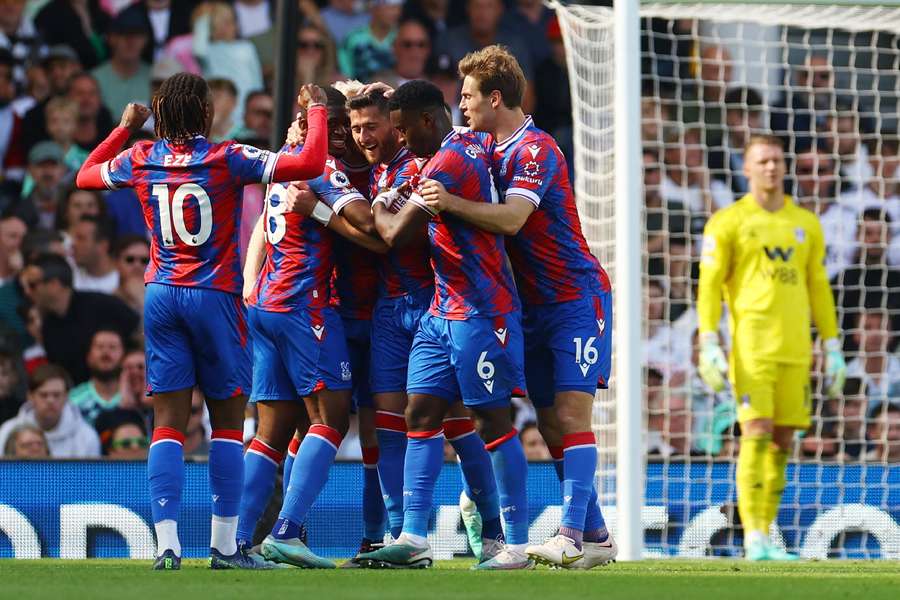Leeds, Athletic and Lens among most vertical European club sides

The CIES Football Observatory has analysed the attacking styles of teams from 23 leagues worldwide on the basis of data regarding the frequency of players’ high-intensity runs, exclusively produced by SkillCorner.
SkillCorner’s pioneering tracking technologies use broadcast and tactical video to deliver physical and contextual data for more than 60 football leagues and competitions across the world.
For the purposes of the analysis, SkillCorner defines a high-intensity run (HIR) as over 20km/h for at least 0.7 seconds.
For each league analysed, the CIES Football Observatory ranked clubs from those whose players perform more in-possession HIR than expected - with respect to the minutes of possession held - to those who perform the least.
The analysis allows us to appreciate which clubs tend to go rapidly forward, or more vertically, while in possession versus those who typically spend time building up in a more horizontal manner.
Of course, it should be noted here that the frequency of high-intensity runs is not the only metric through which to measure 'verticality' in football.
The frequency and/or trajectory of long balls, for example, is another often-used measure. Nonetheless, the following analysis of HIR shines a fascinating light on how different clubs approach and utilise possession around Europe's best leagues.
Verticality
In terms of verticality, La Liga side Athletic Bilbao lead the way in the analysis across the 'big five' European leagues in 2022/23, recording 11% more HIR than expected (per time in possession).
Closely following them were Ligue 1 sides Lens (+10.1%) and Monaco (9.8%), relegated Premier League club Leeds United (9.6%), and Serie A's Empoli (9.5%).
With similarly high levels of HIR per possession, Champions League qualifiers Newcastle United (+8.5%) and Borussia Dortmund (+6.0%) show that it is possible to obtain top-level results in the best leagues in Europe with a more vertical attacking style, too.
Horizontality
At the other end of the spectrum lie clubs that record much fewer HIR per possession - at its extreme, indicated by a large negative percentage of HIR compared to the expected value.
Typically, this end of the data is populated by clubs that dominate their league and thus, often, possession, too.
The likes of Ukraine's Shakhtar Donetsk (-12.1%), Ligue 1 champions Paris St. Germain (-10.9%) and Premier League winners Manchester City (-8.2%) are, unsurprisingly, sides that spend more time building up horizontally than their rivals, partly due to their relative command of the ball.
A more unexpected member of the horizontal category are Crystal Palace - they have the lowest frequency of HIR per possession amongst the 'big five' European leagues with -16.3% of the expected value.
Bundesliga club Freiburg (-16%) and Premier League side Brentford (-12%) round out the three least vertical sides in the 'big five' leagues with respect to this metric.

Leading HIR Leagues
Britain has long had a reputation for fast, high-intensity football and, thus, it's no huge surprise to see the Premier League top the SkillCorner analysis of most high-intensity runs per minute of possession (0.923) of all the leagues analysed.
The Scottish Premiership came in fourth place with 0.871 HIR per minute while England's Championship came in fifth place in the data with a frequency of 0.867.
More startling was the frequency recorded by the Czech First League, which came in second place of the leagues analysed with 0.889 HIR per minute. The Swiss Super League was the other competition in the top five of this metric with 0.873.
The CIES Football Observatory is a research group within the International Centre for Sports Studies (CIES), an independent study centre located in Neuchatel, Switzerland. The CIES Football Observatory specialises in the statistical analysis of football.

